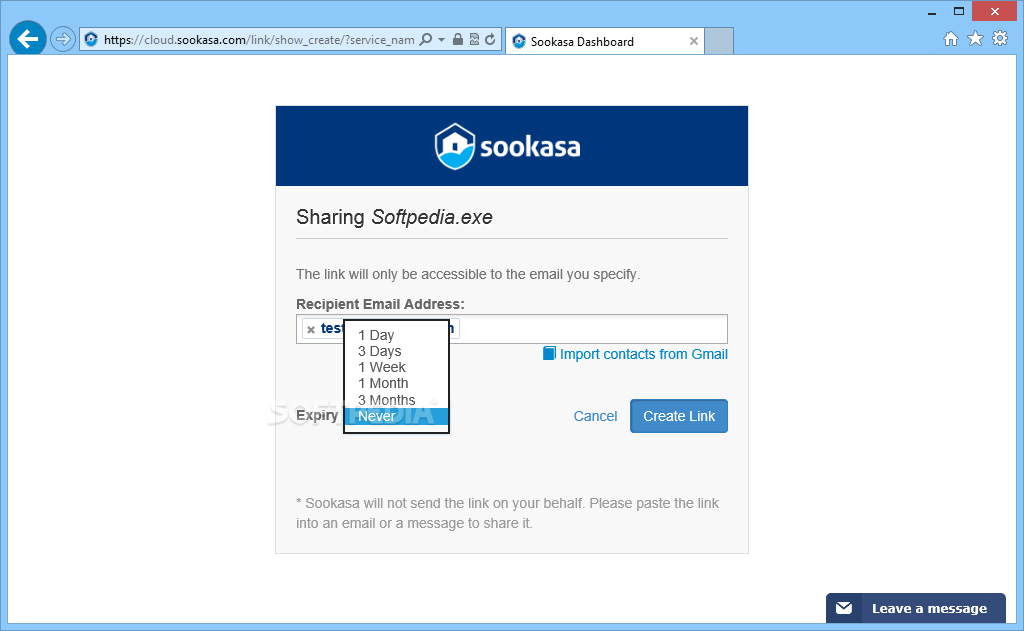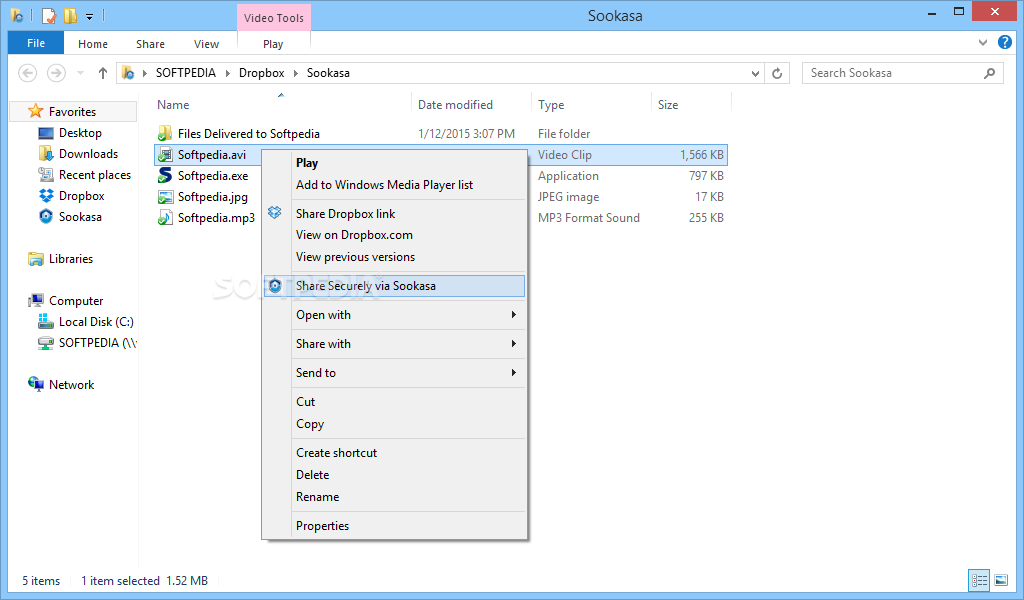

The big idea behind Sookasa is that cloud file services such as Dropbox represent a compliance challenge for organizations looking to secure data. Israel Cidon previously ran a company called Actona that was sold to Cisco in 2004 for $100 million. Leading the company is an Israeli father and son team-Asaf Cidon serves as co-founder and CEO of the company, and his father, Israel Cidon, is the company’s co-founder and chief technology officer. The company had previously raised $1.65 million in a seed round of funding.
Sookasa phone number series#
To fuel product and market development, Sookasa has raised $5 million in a Series A round of funding being announced today. Learn More.Ĭloud security startup Sookasa is emerging from stealth mode today, with the launch of its cloud security technology that aims to solve the challenge of distributed file security. We may make money when you click on links to our partners. Accel’s Sameer Gandhi is joining the company’s board, and he ha previously led early investments in Dropbox and security software-provider Sourcefire.EWEEK content and product recommendations are editorially independent. Sookasa’s founding team includes a former Israeli Intelligence commander and former employees from the likes of Google, IBM, and Cisco. Luckily, Sookasa also just picked up $5 million from investors including Accel Partners, First Round Capital, and SV Angel, and it previously raised $1.6 million in seed investment in 2013. “I think that the fact that we remove liability is a pretty compelling argument against acquisition,” he said.Ĭidon also pointed out that after Salesforce acquired encryption service Navajo in 2011, Salesforce customers apparently continued to use third-party providers - acquisition “just doesn’t seem to work from a business standpoint.”īut of course, there is not much preventing other companies for attempting to create a similar service (despite the complexity of the technology and Sookasa’s patents), so only time will tell if the company will become the leader as the market expands.

Moreover, Cidon believes this historic trend also means that Dropbox and others won’t be coming up with competing solutions and that Sookasa has a long and independent future as a company. Privacy-sensitive companies often worry about storage providers having access to their files, so keeping the storage provider and encryption providers separate actually helps alleviate that concern for customers and protect storage companies from privacy breach liability, he explained. “I think a lot of customers actually want a third-party provider,” explained Cidon.
Sookasa phone number software#
No one has all the ‘keys’ to open the filesīut one of the most interesting things about this company is its current independence and its status as a security software provider. Having the ability to remotely wipe access to files and protect a company from privacy breach liability when that happens is a huge advantage. “And for those companies to be able to take advantage of cloud and mobile, there needs to be compliance.”ĭevice loss and the “scattering of files by cloud services” are also huge problems in these highly-regulated industries, according to the company. “It really changes the entire security and compliance landscape” he said. the move to mobile and multiple devices), Accel partner and Sookasa investor Sameer Gandhi told VentureBeat. Sookasa is taking advantage of two current trends: the shift to the cloud and the flexibility it offers, and the shift away from the personal computer (i.e. “What prompted us to do this is that cloud services are … becoming very popular in the workplace and even industries like healthcare and finance,” Sookasa cofounder and chief executive Asaf Cidon told VentureBeat in an interview. So in the case of Dropbox, a Sookasa folder shows up in your account where you can store all the files you wish to encrypt and protect, no extra fuss. Not surprisingly, Dropbox (and other similar file storage providers) are not compliant by default, so Sookasa wants to be the “transparent layer of security” for these storage solutions without taking away from their user-friendliness.

Unlike the average Joe Smith, professionals in regulated industries such as healthcare, financial services, and even education are required to use tools compliant with the Health Insurance Portability and Accountability Act (HIPAA), which calls for control over who accesses files as well as the ability to audit when, where, and by whom files are opened.


 0 kommentar(er)
0 kommentar(er)
